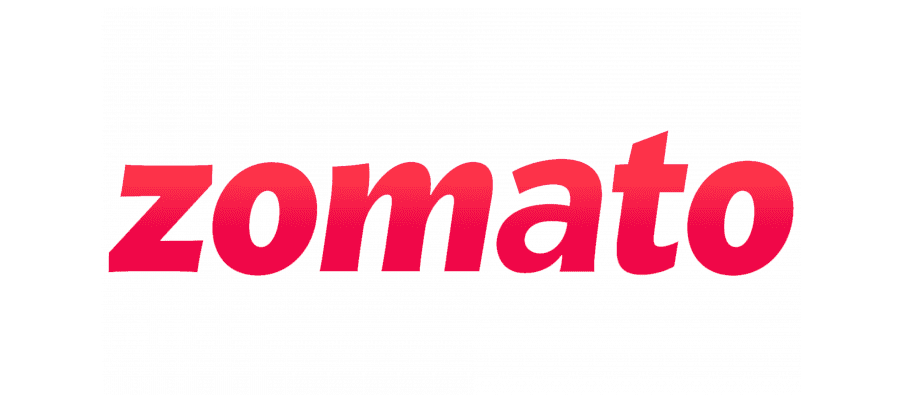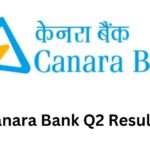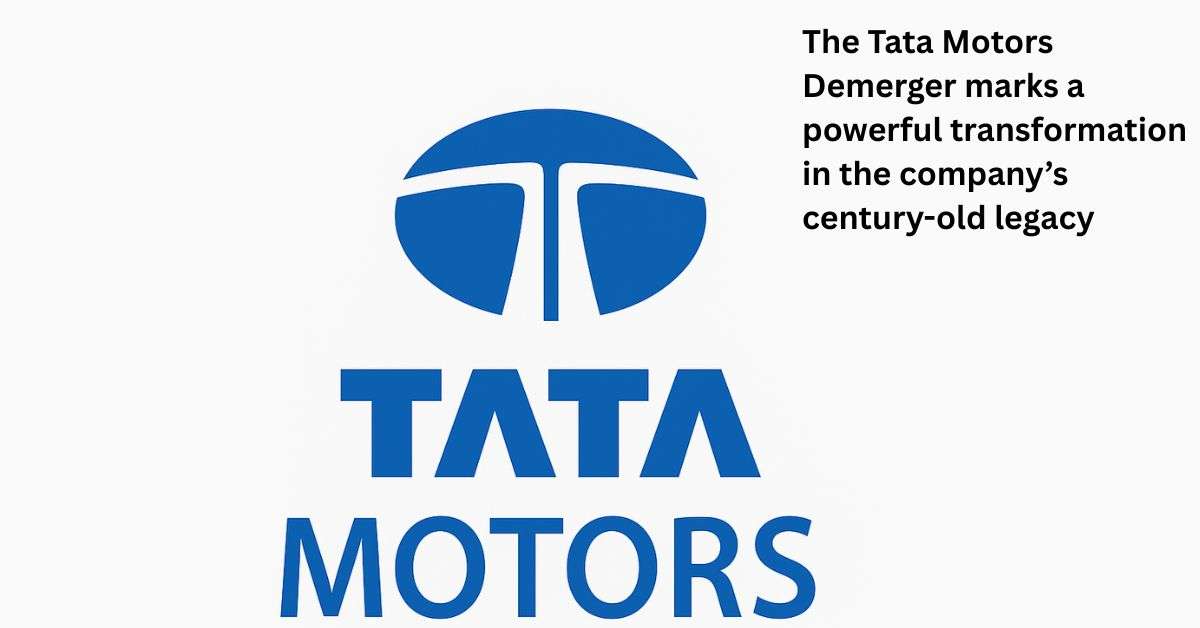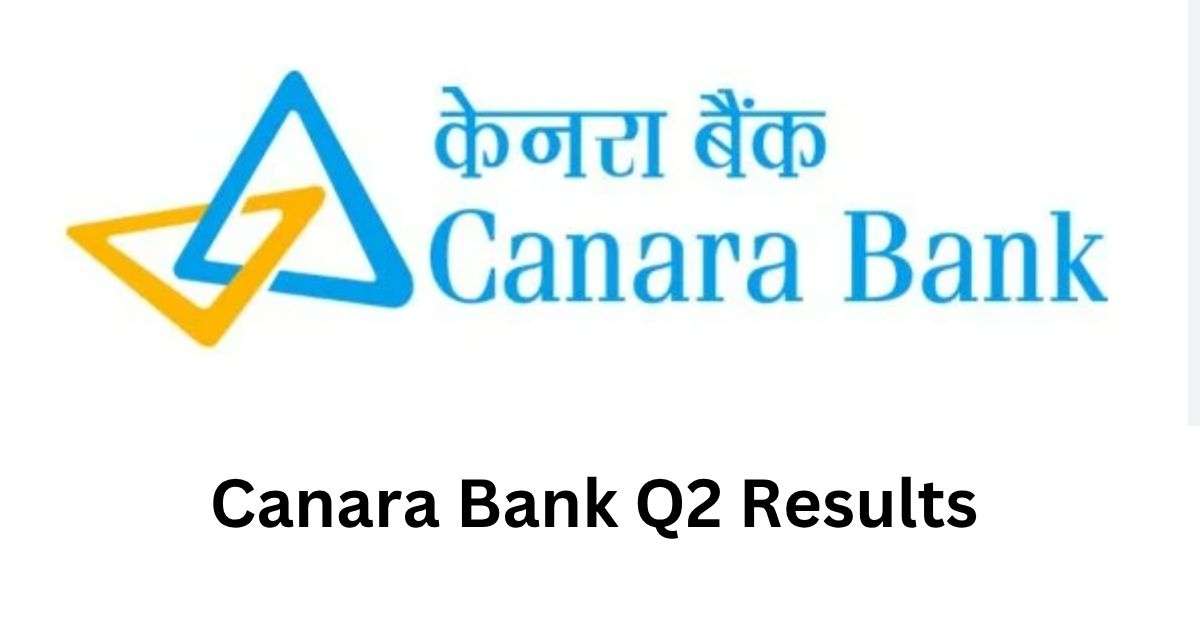Introduction
Zomato Ltd., a prominent name in the Indian food delivery and restaurant aggregation space, has garnered significant attention from investors and analysts alike. Incorporated in 2010, firm has grown from a small startup to a substantial player in the services sector, boasting a market capitalization of Rs 170,751.01 Crore. Recently, ICICI Securities has issued a buy call on Zomato, setting a target price of Rs 300, a substantial increase from its current market price of Rs 195.4. This article delves into the various aspects of Zomato’s business, financial health, market performance, and future prospects to understand the rationale behind this investment recommendation.

Zomato announced consolidated total income of Rs 3507.00 Crore
Zomato Company Overview
Historical Background
Zomato was founded in 2010 by Deepinder Goyal and Pankaj Chaddah. Initially launched as Foodiebay, it started as a restaurant discovery platform, providing menus and user reviews. The company rebranded to Zomato in 2010 and expanded its services to include food delivery, restaurant reservations, and more. Over the years, firm has made several strategic acquisitions and expanded its operations to multiple countries, establishing itself as a global player in the foodtech industry.
Business Model and Services
Zomato operates primarily through two segments:
- Food Delivery: Zomato partners with local restaurants to deliver food to customers through its platform.
- Restaurant Aggregation: The platform lists restaurants, allowing users to browse menus, read reviews, and make reservations.
In addition, Zomato has diversified its revenue streams through services such as Zomato Gold (a subscription service offering discounts and privileges) and Hyperpure (a B2B platform providing fresh ingredients to restaurants).
Market Position and Competition
Zomato’s main competitors include Swiggy, Uber Eats (which firm acquired in India), and various regional players. Despite intense competition,firm has maintained a strong market position through aggressive marketing, technological innovation, and strategic acquisitions.
Financial Performance
Revenue and Profitability
For the quarter ending December 31, 2023, firm reported a consolidated total income of Rs 3507.00 Crore, marking a 14.61% increase from the previous quarter and a 65.30% rise from the same quarter in the previous year. The company also reported a net profit after tax of Rs 138.00 Crore, demonstrating its ability to achieve profitability in a competitive market.
Key Revenue Segments
Zomato’s key revenue segments include:
- Service Revenue: Fees charged to restaurants for listing and delivery services.
- Other Operating Revenue: Income from subscription services like Zomato Gold.
- Royalty Income: Fees from international operations and franchises.
- Traded Goods: Revenue from the sale of food ingredients through Hyperpure.
Cost Management and Efficiency
Firm has focused on improving operational efficiency to boost profitability. This includes optimizing delivery logistics, leveraging data analytics to enhance customer experience, and streamlining its supply chain for the Hyperpure segment.
Market and Economic Context
Indian Foodtech Industry
The Indian foodtech industry has seen rapid growth, driven by increasing internet penetration, a growing middle class, and changing consumer preferences. The industry is expected to continue expanding, presenting significant opportunities for companies like Zomato.
Economic Indicators
Positive economic indicators, such as rising disposable incomes and urbanization, further support the growth of the food delivery market in India. However, challenges like inflation and fluctuating fuel prices can impact operating costs and profitability.
Investment Rationale
Target Price Analysis
ICICI Securities has set a target price of Rs 300 for Zomato, implying a significant upside from the current market price. This target is based on several factors, including:
- Revenue Growth: Continued expansion of the user base and increased order frequency.
- Profitability Improvements: Effective cost management and operational efficiency.
- Market Expansion: Opportunities in untapped markets and new service segments.
Valuation Metrics
Analysts use various valuation metrics to assess firm’s stock, including Price-to-Earnings (P/E) ratio, Enterprise Value-to-EBITDA (EV/EBITDA), and Price-to-Sales (P/S) ratio. firms’s current valuations are compared with industry peers to gauge its potential for growth.
Risk Factors
Investors should consider potential risks, such as regulatory changes, competitive pressures, and economic uncertainties. Despite these risks, Zomato’s strong market position and strategic initiatives provide a compelling investment case.
Promoter and Shareholding Structure
Promoter Holdings
As of March 31, 2024, promoters hold no stake in the firm. The absence of promoter holdings can be seen in various lights, including the possibility of high institutional confidence in the company’s governance and operations.
Institutional Holdings
Foreign Institutional Investors (FIIs) own 55.11% of the company, while Domestic Institutional Investors (DIIs) hold 15.28%. The significant institutional holding underscores the confidence that large investors have in firms’s growth prospects and business model.
Future Prospects
Strategic Initiatives
Zomato continues to innovate and diversify its services. Future growth initiatives include:
- Expanding Hyperpure: Scaling up the B2B food ingredients supply platform.
- Enhancing Zomato Gold: Adding more features and benefits to attract and retain subscribers.
- Technology Integration: Leveraging AI and data analytics to improve user experience and operational efficiency.
Market Expansion
Zomato aims to increase its footprint in Tier 2 and Tier 3 cities in India, where the penetration of food delivery services is still low. Additionally, the company is exploring opportunities in international markets.
Sustainability and CSR
Zomato is committed to sustainability, focusing on reducing its carbon footprint and promoting eco-friendly practices within its operations. Corporate Social Responsibility (CSR) initiatives, such as feeding the underprivileged and supporting local communities, are integral to its corporate ethos.
Conclusion
Zomato Ltd. presents a robust investment opportunity backed by strong financial performance, strategic market positioning, and growth prospects. The buy call from ICICI Securities with a target price of Rs 300 reflects confidence in the company’s ability to continue delivering value to its shareholders. While potential risks exist, Zomato’s innovative approach and market expansion strategies position it well for future growth.
Open Your Demat Account with Discount Brokers:
ZERODHA 1) : https://zerodha.com/open-account?c=EJ4366
Angelone 2) : https://tinyurl.com/2gloc3g6 or
Upstox3): https://link.upstox.com/9w4tNo1rK8au7VK47









of course like your website but you have to check the spelling on several of your posts A number of them are rife with spelling issues and I in finding it very troublesome to inform the reality on the other hand I will certainly come back again